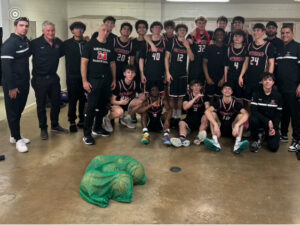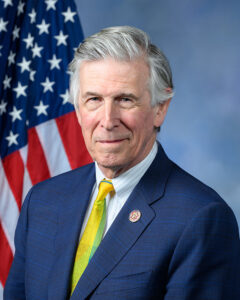
The biggest cause of the alarming trends toward obesity, diabetes and self-centered social passivity in the U.S. population today is the general rise of our marketing-deluded, consumer-oriented society.
The biggest cause of the alarming trends toward obesity, diabetes and self-centered social passivity in the U.S. population today is the general rise of our marketing-deluded, consumer-oriented society.
The New York Times gets kudos for nailing in its magazine last Sunday evil sugar, both glucose and fructose, as downright toxic to humans (Gary Taubes’ article), and documenting how fidgeting and short bursts of exercise, like climbing stairs briskly, eight hours of sleep nightly and other simple remedies can radically improve health.
Still, notwithstanding all that, it’s more fundamentally the self-identity and esteem of American citizens that could use makeovers.
The shift from the dominant self-identity of American citizens as producers/creators to passive consumers began to really occur in the late 1960s.
Right after the World War II, the afterglow from the defeat of totalitarianism on two global fronts, combined with the recovery from the Great Depression, helped to launch an era of generous optimism seldom, if ever, seen in a major world power.
The reconstruction of Japan and the Marshall Plan in Europe were among the most generous and progressive collective national efforts in the history of civilization. They were matched with the sentiment underlying the establishment of the United Nations and the crafting of the International Declaration of the Rights of Man, one of the most visionary and moral documents ever.
The dark clouds of reaction to all this gathered, however, summoned by the worst pro-fascist, isolationist currents in the U.S. from before the war to unleash McCarthyite witch hunts and the unspeakable launch of covert intelligence operations against the domestic population of the U.S. in the early 1950s. Still, for the time being, the overarching national generosity spawned such meritorious endeavors as the civil rights movement and the War on Poverty by the mid-1960s.
But while this momentum empowered workers and minorities and the women’s and gay liberation movements, the scions of what President Eisenhower warned could ruin America’s democracy, the “military-industrial complex,” authorized a full-throttled covert war against the American inner cities and the young.
As revealed in thousands of documents made public during the Senate’s Church Committee hearings in the mid-1970s, the CIA and other covert intelligence agencies geared up what was code-named “MK-Ultra” along with other operations, from 40 U.S. campuses to craft and unleash an apolitical “counterculture” of “sex, drugs and rock-and-roll.” Cleverly, rather than confront the nation’s politically-charged progressive youth head-on, “MK-Ultra” insinuated itself into their ferment, appearing as merely a somewhat more hedonistic, edgy form of it.
Almost immediately, the nation’s youth began to shift away from a passion for civil rights and global humanitarianism. Those that did not morph into angry, anarchist right wingers (a leading phalanx of the “Reagan revolution”) became passive and self-centered hedonists and, yes, consumers. The “me” decade of the 1970s led to the “greed” decade of the 1980s.
Anyone who denies CIA covert operations were directed against a generation of American youth in this way needs to read the Church Committee documents. The head of the CIA ordered all MK-Ultra-related documents destroyed in 1973, but a huge cache of them were misfiled and thus escaped destruction, subsequently to be declassified a few years later.
One explicit thread involved Ken Kesey, the author of the anti-labor “Once in a Great Notion,” and anti-mental health “One Flew Over the Cuckoo’s Nest.” In 1959 Kesey volunteered for MK-Ultra near San Francisco, and subsequently organized dozens of LSD-induced “acid test” parties, including a 1964 nationwide tour in an old school bus chronicled by Tom Wolfe in “The Electric Kool-Aid Acid Test.” That all built up to the infamous 1967 “Summer of Love” in San Francisco when the drug-induced “counterculture” was unleashed full force.
Key transformational instruments were so-called “small group sensitivity training” techniques. Among other things, they disallowed participants from bringing bigger social issues into small group discussions, restricting them to personal feelings, with sexual fantasies and desires, in particular, encouraged.
In short, as a culture we’d been “had,” and after 40 years, to revive our collective mental, physical and political health, we need to begin by coming to grips with that.
Nicholas Benton may be emailed at nfbenton@fcnp.com













